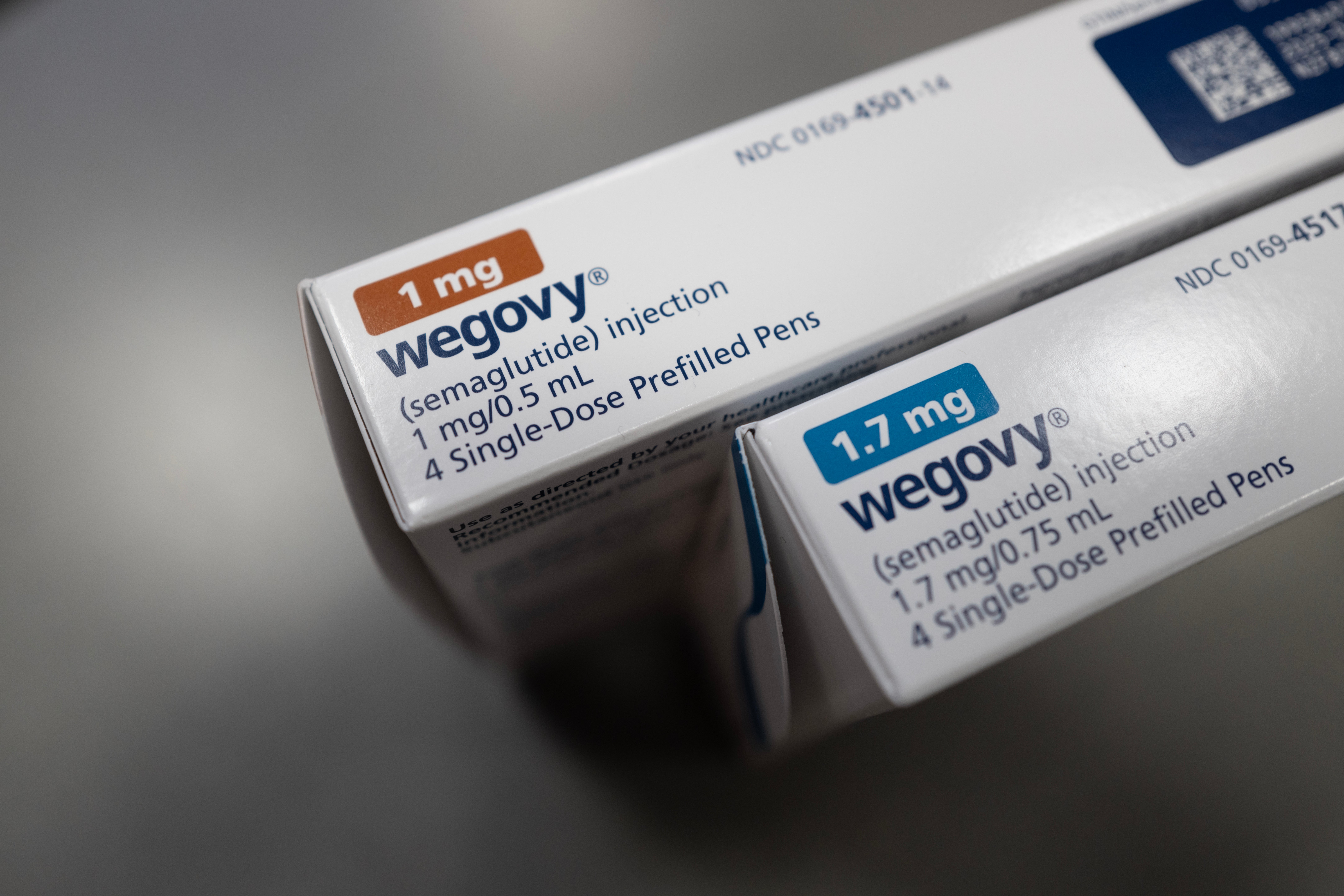Ozempic is growing in popularity — it’s also sending people to the ER
An analysis of emergency visits related to the active ingredient in drugs like Ozempic and Wegovy has exposed a surprising effect
While millions of Americans have turned to popular weight loss drugs to shed pounds in recent years, taking them isn’t without some risks.
Now, research led by the scientists at the Centers for Disease Control and Prevention has found that tens of thousands of Americans have ended up in the emergency room after taking semaglutide: the active ingredient in GLP-1 drugs, including drugmaker Novo Nordisk’s Ozempic and Wegovy. The findings may be an indicator that more patient education is necessary when it comes to taking the drugs.
“We found that it’s very infrequent that semaglutide leads to very serious adverse events that would land a patient in the hospital, but that they do occur,” Dr. Pieter Cohen, an associate professor of medicine at Harvard Medical School, told Health.
Cohen was one of the authors of the study which was published earlier this month in the journal Annals of Internal Medicine.
Using national surveillance data collected at dozens of hospitals, they estimated that semaglutide had been a contributing factor in nearly 25,000 emergency room visits from 2022 to 2023. More than 82 percent of those visits occurred in 2023, and the reason was usually gastrointestinal complications. Patients experienced nausea, vomiting, stomach pain, and diarrhea.

Some people also came into emergency rooms with allergic reactions and hypoglycemia, which is also known as low blood sugar. A handful of patients were diagnosed with pancreatitis and just four were diagnosed with biliary disease, which impacts the gallbladder.
Cohen said researchers didn’t expect to see so many patients seeking care for low blood sugar.
Novo Nordisk did not immediately respond to a request for comment on the findings, however nausea, diarrhea, vomiting, stomach pain, and constipation are also listed as common side effects of the drugs.
Notably, the authors did not know whether people who visited the hospital were taking Ozempic, Wegovy, or a copycat semaglutide prepared by pharmacists. Cohen said taking a compounded semaglutide could explain the low blood sugar. Furthermore, about 9 percent of the visits involved medication errors.

Many drugs can cause side effects that could result in a trip to an emergency room. A previous study published in 2021 found that approximately 1 in 200 Americans visit the emergency room each year due to medication-related harms.
Still, the researchers say suggest doctors can do more to mitigate the potentially severe side effects of these drugs, which have been used by about one in eight U.S. adults.
“Clinicians could counsel patients when initiating semaglutide about the potential for severe gastrointestinal adverse effects and adjust coprescribed antidiabetic medications to decrease hypoglycemia risk,” they wrote. “Additionally, when evaluating patients with new-onset gastrointestinal symptoms or hypoglycemia, clinicians could consider recent semaglutide use.”
Join our commenting forum
Join thought-provoking conversations, follow other Independent readers and see their replies
Comments
Bookmark popover
Removed from bookmarks